Amid all this, there was an important game that was still being played at Rufaro, Chapungu were certainly up for the fight
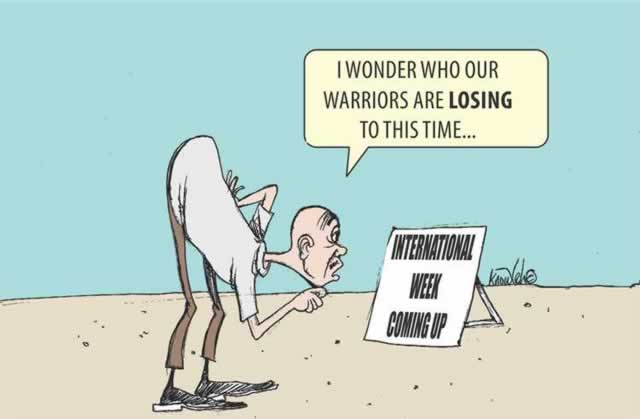
And, when the mobile update came to deliver the sweet news that Chiredzi had scored at Gibbo and taken the lead, there was a sudden eruption of a mass of people, packed on the United Stand on the city end of the stadium, united by their joy of what had happened hundreds of kilometres elsewhere, united by their hatred of the team that had conceded the goal and united by the fate of the common enemy.
FROM our vantage point in a noisy Centurion on Wednesday, we were privileged witnesses to a titanic contest, in our backyard, featuring the world’s number one ranked ODI cricket team.
Someone recognised me in the bar, “you are the football guy”, he said as he shook my hand, his one-litre mug full with Castle Draught, and when I nodded in acknowledgment, he followed it up with the question, “what the hell are you doing here mate?”
It’s funny how one ends up being permanently tied to a certain sporting discipline, my son was telling me the other day he heard some people, passing by our house, saying “ndipopamba pemurume uya we bhora.”
But while I might have spent most of my working life in the trenches of football, I prefer to call myself an all-rounder and if you have covered Cricket World Cups in Jamaica, Guyana, India and Sri Lanka, maybe you have justification to call yourself one.
Who really needs football, domestic football for that matter, when the Aussies, serial world champions, are in town and they were battling the world’s number three ranked team, South Africa, who could take over as number one in the world if they win this triangular series?
The number one ODI batsman in the world, Hashim Amla, was batting, the number two ODI batsman in the world, AB de Villiers, cracked a century and the number four ODI batsman in the world, George Bailey, was leading the Australians.
In football terms that’s as good as having both Germany and Argentina in our backyard, not only as visitors for an exhibition game, but on tour for a competitive triangular battle against our Warriors.
That’s as good as having Lionel Messi, Angel di Maria, Thomas Mueller, Mesuit Ozil and all the galaxy of stars that make up the squad of world champions Germany, in our backyard, not as visitors for an exhibition game, but on tour for a competitive triangular that involves the local side.
The battle, for the number one spot in ODI rankings in the world, is being fought in our backyard, and the team that has won the Cricket World Cup four times, Australia, are here, fighting not only to win this triangular series but also to preserve their place at the top of the world rankings.
Sport throws some special occasions, now and again, and if the bandwagon happens to roll into your backyard, it’s important that you be part of the crowd to say I was there, I saw that, and you don’t need to be a huge fan of cricket to be wooed by the presence of the Proteas and the Aussies when they come to town.
Domestic cricket isn’t in the best of health, no doubt about that, it carries a bigger debt, on its shoulders (about $18 million), than domestic football, which is about $5 million in the red, and the performance of the national cricket team has been in noticeable decline.
But, for all the challenges that our cricket faces, it’s a fact that they still dance in elite company, play against the very best that the world can throw at them, and in their last Test they played the number one ranked Test team in the world and, in the first ODI of this triangular, took on the best ODI side in the world.
The action is on the field, broadcast around the world via the SuperSport cameras, and not in the boardrooms, and the people making the headlines are the players, and not the administrators, and the men whose pictures are dominating the television screens are the players, and not the officials. We might have been hammered by the Aussies, maybe hammered is an understatement, in the first ODI of this triangular but we fought the best that the world can throw at us and, in sport, there is nothing better than that for both the athletes and the fans.
Our loss yesterday, against the Proteas, was disappointing, given the way we had them on the ropes when they batted, and this was one big chance, to win a big game, that we threw away, but it felt good to see one of us, Prosper Utseya, winning the man-of-the-match award against one of the best teams in the world.
Taking a hat-trick, against a formidable batting line-up that has Amla and company, is the stuff that dreams are made of and while, in the end, what matters is that we lost, rather than win a game that was there for the taking, no one can take away the fact that, for large parts of this contest, we competed well against the Proteas.
Everyone wants a successful national team and there is no honour, at the end of the day, that goes with losing, no matter how much you put into the fight, but in the past month, cricket has provided us with a powerful reminder that there is nothing better in sport than pitting yourselves against the very best that the world can offer.
Tendai Chatara, John Nyumbu, Richmond Mutumbambi, Luke Jongwe, you name them, they might have come out second best against the best that the world can throw at them but, at least, they are taking them on and there is nothing better than that in sport.
MAYBE, ONE DAY, OUR FOOTBALLERS WILL TAKE ON THE BEST IN THE WORLD
Of course, my prayers are that one fine day our national game will wake up from its slumber and we won’t only wait for cricket, for us to compete against the best in the world, but a new generation of players, and administrators, will one day evoke the Warrior in us and take us to the World Cup.
I know that sounds like someone who is day-dreaming, if not someone who has taken one mug too many of those one-litre mugs in which they serve Castle Draught at the Centurion, but I was there, 21 years ago, when the Dream Team came within 90 minutes of making it to the ’94 World Cup in the United States.
Yes, I understand that it’s pointless to dream about the World Cup, when you can’t even qualify for the Nations Cup, but the least that we can do is to give up hope, abandon the need to keep improving every facet of our national game, fold up our arms and say, yes, we will never get better as a team, achieve more as a unit.
The worst that we can do, for future generations to come, is to keep stoking the endless boardroom fights that dominate our national game, keep providing the fuel that drive these fights, keep making the fighters the main characters of our football and, in the process, relegate the real characters — the players and the coaches — into the background.
The worst that we can do, for future generations to come, is to spend the next four years fighting, or providing the fuel for such fights, as was the case in the past four years because our national game has had enough of this boardroom nonsense and it was time that we see focus and scrutiny being switched into what is happening in the development structures of the game.
How did we produce Peter Ndlovu, how did we give a platform for Peter Ndlovu’s talent to be noticed at a very young age, how did we provide the supporting arms that helped a young Peter Ndlovu not only understand that he had a unique football talent but, crucially, also help him nurture that talent, something that Ali Baba Dube, the legendary coach who devoted his life to helping young players in Bulawayo, did with distinction?
How did we produce Moses Chunga, how did we give a platform for Moses Chunga’s talent to be noticed at a very young age, how did we provide the supporting arms that helped a young Bambo not only understand that he had a unique football talent but, crucially, also help him nurture that talent, something that his junior coach in Faison did with distinction? Why have we allowed ourselves to turn from a country that used to have a football ground, no matter how deplorable its state was, in every high-density suburb, where our kids would spend endless hours not only playing the game but also perfecting their skills, at a young age, into one that has erected houses and shops where those grounds used to stand?
Why did we abandon the very basic social structures, which used to give us the boys’ clubs that produced so many of our greatest footballers, given that it worked well for us, given that it was a low-cost but very effective way of not only identifying but also developing the talent that was in our high density suburbs.
And, surely, can we really call ourselves a football nation when we don’t have a national knockout competition, which brings all the lower division teams into an annual conflict with the Premiership sides, where we used to see some of the gems, like Gift Mudangwe, for the first time? I have had the privilege of going through some confidential material of what the South Africans are doing, as part of their 10-year MasterPlan, to go back to the days when they used to produce, at the drop of a hat, players like Doctor Khumalo, Jomo Sono, Nelson “Teenage” Dladla and Patrick “Ace” Ntsoelengoe, so good that the BBC did a feature on him, dubbing him one of the greatest footballers the world never saw.
Ntsoelengoe was part of South Africa’s lost generation, the group who could not showcase their football talents to the world, because of the sporting boycott that kept apartheid South Africa far away from the rest of the civilised world.
“If Ace was here now, he’d be spoken of in the same breath as Fernando Torres, Cristiano Ronaldo and Lionel Messi,” former South Africa coach Clive Barker told the BBC. “When you write the book of South African football history, right up there at the very top would have to be the king himself, Ace.”
They want to have provincial coaches, whose jobs will be to identify and nurture talented young footballers, whose jobs will be monitored by some people, and incentives provided for those who were going the extra mile, and you can see that they mean business, something that has come with Danny Jordaan taking over as Safa president.
The South Africans are running an Under-19 tournament, on a national scale, and you can see that they mean business, in terms of finding the next Doctor Khumalos and Ace Ntsoelengoes, and even in the unlikely event that they don’t get another Teenage Dladla, you can’t fault them for not trying. There is no reason why we shouldn’t also give it a go, after all it doesn’t cost a fortune, because there are certainly no short-cuts in this game and we would rather be spending all our energies in that than the boardroom battles, which seemingly never end.
We can’t keep saying it’s business as usual, for the next four years, because our national game deserves more, far more than we have been giving it, and the sooner we change the way we have been doing things, the better our prospects for us to one day see our footballers, just like our cricketers, taking on the best in the world – forget about the outcome.
SOCIAL MEDIA IS CHANGING THE PREMIERSHIP BUT . . .
I was at Rufaro on Sunday, when CAPS United hosted Chapungu in a Premiership tie, when I first noticed how much social media has transformed the way people now follow the domestic Premiership.
Given that this was a home game for the Green Machine, Vietnam, the spiritual home of the DeMbare hardcore fans, wasn’t full of fans but it had a sizeable contingent of the Glamour Boys supporters, hoping for a Chapungu win, praying for a CAPS United draw and, also, following the events in the Lowveld where their team was taking on Triangle.
One thing that I picked out was that most of the Dynamos fans were, for the whole duration of that match, glued to their mobile phones, getting updates on social media, of what was unfolding in Chiredzi and, now and again, they would then cast a gaze on what was happening on the field at Rufaro.
The CAPS United fans were more focused on what was happening on the field but they were a number of them, too, who could not resist the occasional glance on their mobile phones, to check what was happening elsewhere, and you don’t need to be a rocket scientist to guess that most of their attention was at events at Gibbo.
And, when the mobile update came to deliver the sweet news that Chiredzi had scored at Gibbo and taken the lead, there was a sudden eruption of a mass of people, packed on the United Stand on the city end of the stadium, united by their joy of what had happened hundreds of kilometers elsewhere, united by their hatred of the team that had conceded the goal and united by the fate of the common enemy.
Suddenly, it was time for the songs that mock DeMbare, and they all turned on the scores of the Glamour Boys fans in the Vietnam Stand and, for a moment, what was happening on the field, related to their beloved Green Machine, didn’t matter much.
But, soon, the Dynamos fans were to have their moment and it was duly delivered, via the updates of social media on their mobile phones, that their team has been awarded a penalty at Gibbo and Augustine Mbara had converted, and a roar erupted at Vietnam, to salute events that were happening hundreds of kilometers away in the Lowveld.
From there, the scores of DeMbare supporters in the Vietnam Stand were inseparable from their phones, the updates kept coming through and then the big one was duly delivered, through the many platforms that dedicate themselves to live coverage of such matches on social media, that another goal had been scored at Gibbo and, crucially, it was their team that had found that breakthrough.
And the celebrations exploded again, not for the last time that afternoon, as the scores of DeMbare fans enjoyed the moment, saluted Washington Pakamisa’s strike and, as if they were there at Gibbo, even started discussing how he had scored the goal.
Social media was delivering but, then, not all platforms can be relied upon and one such platform then gave an update that Triangle had equalised and it triggered a wave of celebrations, the loudest that afternoon, among the CAPS United fans who had shifted to the Mbare end of the ground.
For a moment it triggered panic among the scores of the DeMbare fans in Vietnam, they updated their platforms but nothing was coming through, maybe their Dottie, as they prefer to call the guy who updates the DeMbare Dotcom page, had run into network problems or the goal had affected him or her so much that it had drained the power out of his body to update.
A few could be seen dialling some numbers, of their fellow fans who had made the long trip to Gibbo, and soon confirmation arrived that it was a dummy update, Triangle hadn’t equalised, Dynamos still led 2-1, and the relief was incredible, the joy boundless, the batteries were recharged and soon they were mocking their rivals, in the green corner, who had got a wrong update.
Amid all this, there was an important game that was still being played at Rufaro, Chapungu were giving a tougher fight than what they had done in the Chibuku Super Cup when they were hammered 3-0, Kelvin Bulaji was again impressing with his technique and clever running off the ball, Tendai Samanja was having a dream game, which should have been capped with the Goal of the Year had his long-range thunderous shot not missed the target by just inches.
Malawian defensive pillar, George Nyirenda, was again proving why he has been a good addition to the Green Machine, with a gritty performance at centreback, Hardlife Zvirekwi was a rightback at the start and a right-sided midfielder at the end, Nicholas Alifandika was providing the sparks that have lit the Green Machine and, together, CAPS United were showing why they should be considered as serious contenders for the league title.
By the way, I met my Facebook colleague, Lazzie Hacha, for the first time, and while I didn’t get to follow what he was doing during the match, I found out the next day, that he had spent the afternoon making his regular updates, “pfacha”, to tell his friends that he had entered the stadium, this and that, and, when it was all over, his beloved Green Machine had won a big game.
We have an interesting championship race once again and Alois Bunjira told us on Game Plan on Monday that he seriously believes that the time has come for his beloved CAPS United to be champions again — exactly 18 years after he and his teammates drove them to the Promised Land.
It’s possible Gazza but Highlanders are in there, and after what they have done in the past four years, maybe they deserve that break and the old beast, DeMbare, is also there.
YOU KNOW YOUR TEAM HAS LOST IT WHEN THIS HAPPENS
LONDON. — A 20-year-old from Cheshire won £1 250 after betting on MK Dons to beat Manchester United 4-0, but hadn’t even meant to place the bet.
Holly Griffiths, a United fan who attends the majority of their home games, placed £2,50 on MK Dons to win by four goals at odds of 500-1.
She told Sportsmail: “My friend had just put a bet on United to win 4-0 so I thought I’d do the same. I wasn’t paying much attention though and ended up putting it on MK Dons instead.
“I wasn’t actually watching the game — I’d turned it off — and realised 10 minutes before the end. It was unbelievable.
“I’ve just taken up horse riding again so want to buy a horse. I wanted one before my 21st birthday in January.”
To God Be The Glory!
Come on United (Zvakaoma kudaro)!!!!!!!!!!!!!!!!!!!!!!!!!!!!!!!!!!!!!!!!!!!!!!!!!!
Chicharitoooooooooooooooooooo!
Text Feedback — 0772545199
WhatsApp Messenger — 0772545199
Email — [email protected]
Skype — sharuko58
Like my new Facebook page, ROBSON SHARUKO JOURNALIST, follow me on Twitter @Chakariboy, interact with me on Viber and on ZBC’s weekly television football magazine programme, GamePlan on Monday nights, or read my material in The Southern Times.



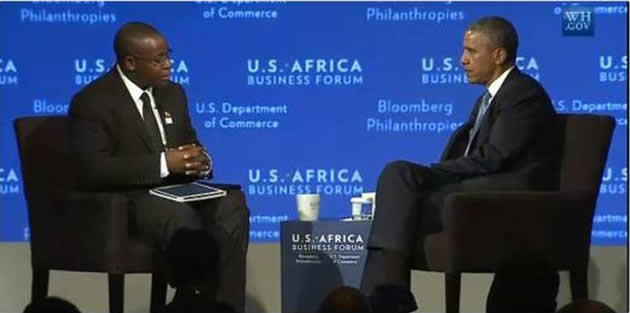
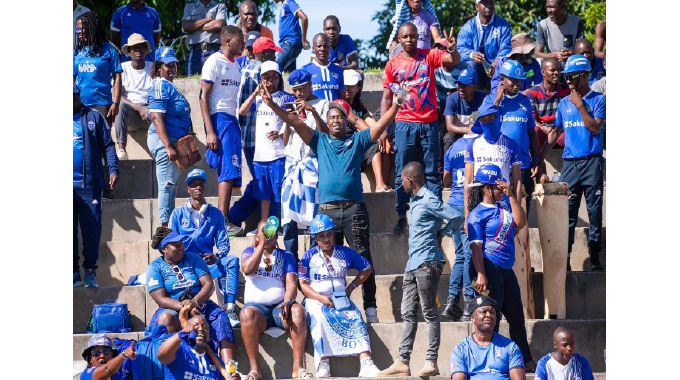
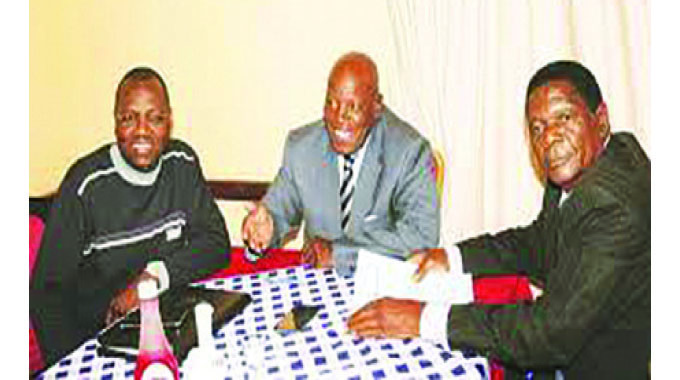
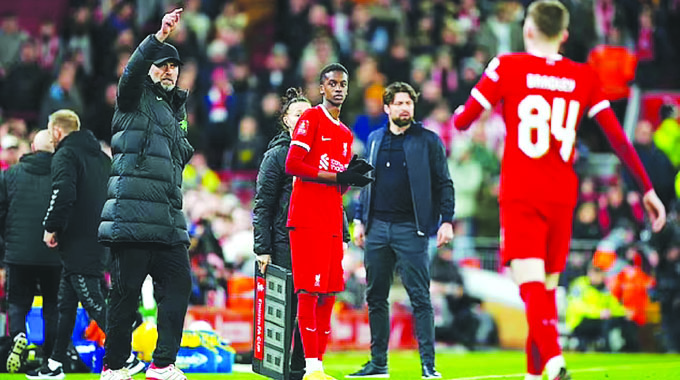

Comments